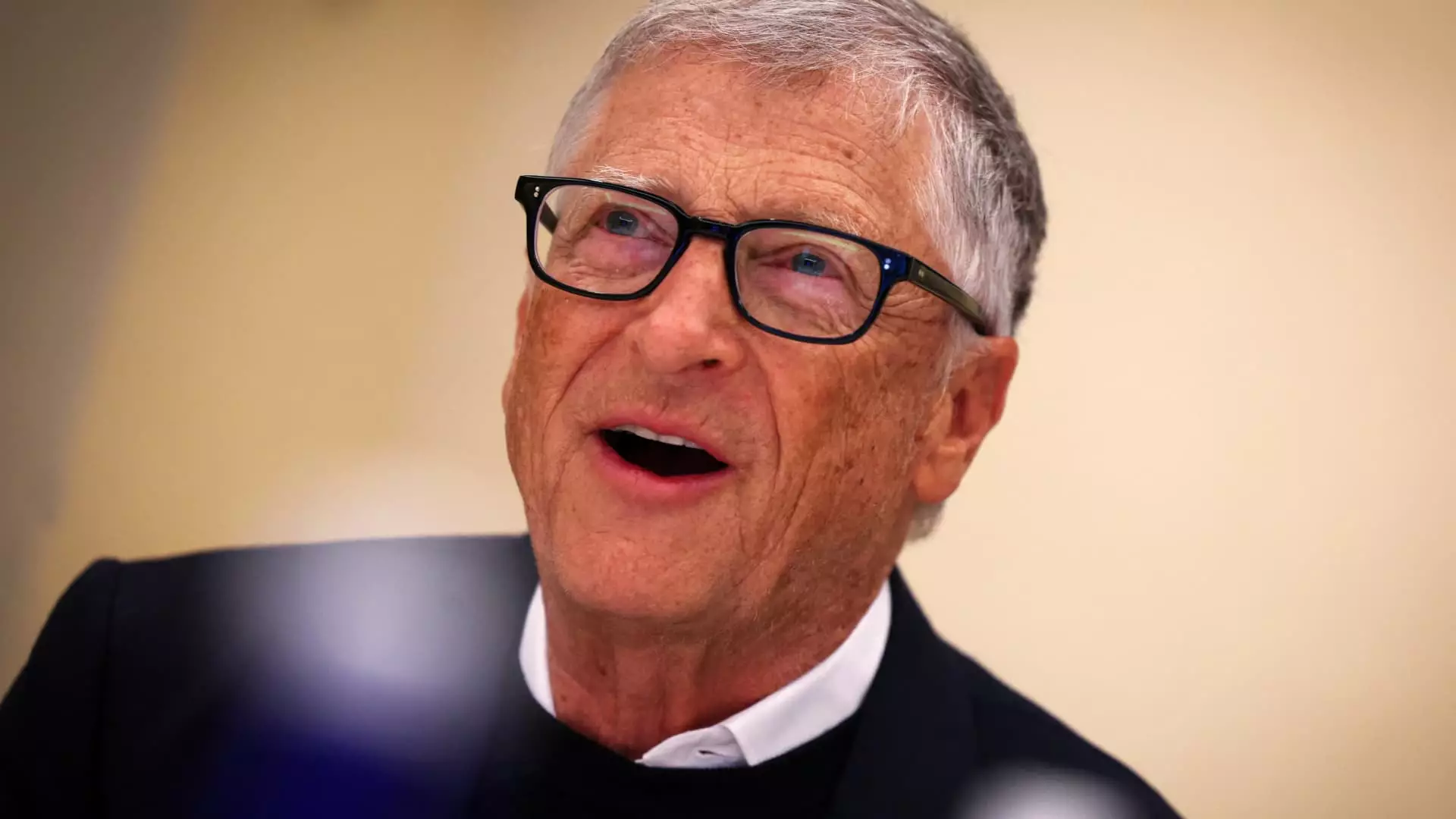In an era where the concentration of wealth among the few grants them disproportionate sway over global initiatives, the actions and opinions of billionaires like Bill Gates reveal more than just philanthropy—they expose the dangerous entanglement of economic privilege and international policy. Gates’s vocal stance against cuts to foreign aid underscores a broader debate about how much influence the ultra-wealthy should wield in dictating humanitarian priorities. While his intentions may be rooted in genuine concern, his criticism often fails to address systemic issues that perpetuate inequality. Instead, it risks portraying a paternalistic attitude that assumes elite-driven solutions are universally necessary or effective, ignoring the voices of those directly impacted.
The Unrealized Consequences of Austerity in Global Aid
The recent U.S. administration’s decision to drastically reduce or altogether halt foreign aid funding is not merely a political maneuver—it is a matter of life and death. Reports of supply shortages for vital medicines and medical supplies in impoverished regions exemplify how austerity measures disproportionately harm vulnerable populations. What is troubling is the administration’s narrative of targeted, “efficient” aid, which often veils the unintended yet devastating outcomes: increased mortality rates, the spread of preventable diseases, and the further entrenchment of poverty. These consequences reflect a shortsighted approach that prioritizes budget control over human dignity, revealing a stark disregard for the moral responsibility embedded in international aid.
Philanthropy vs. Public Policy: A Question of Accountability
While Gates’s criticism of aid cuts brings moral urgency to the issue, it also highlights a deeper tension between private philanthropy and public policy. Foundations like Gates’s wield immense influence, yet they operate largely outside democratic accountability. When private donors or billionaires champion causes or criticize government actions, their motives—whether truly altruistic or aligning with personal interests—warrant scrutiny. Does reliance on wealthy donors perpetuate a cycle where policy decisions are swayed by elite interests rather than democratic consensus? The risk is that philanthropy becomes a substitute for comprehensive, accountable government action, undermining the collective capacity of democracies to address global crises effectively.
The Broader Ideological Divide and the Future of Global Aid
The controversy surrounding aid cuts exemplifies the broader ideological rift in how nations perceive their role in global development. Center-left liberal viewpoints argue for a balanced approach—recognizing fiscal responsibility but emphasizing the moral imperative of solidarity and fairness. Cutting aid, especially in regions already teetering on the brink of crisis, reveals a troubling prioritization of domestic politics over international responsibility. As Gates advocates for continued support, it’s crucial to remember that sustainable development and global health hinge on inclusive policies driven by transparency and accountability, not just individual benevolence or elite-led initiatives. The future of global aid depends not on the magnanimity of the wealthy, but on the collective will of democratically elected governments committed to justice and equality.


Leave a Reply